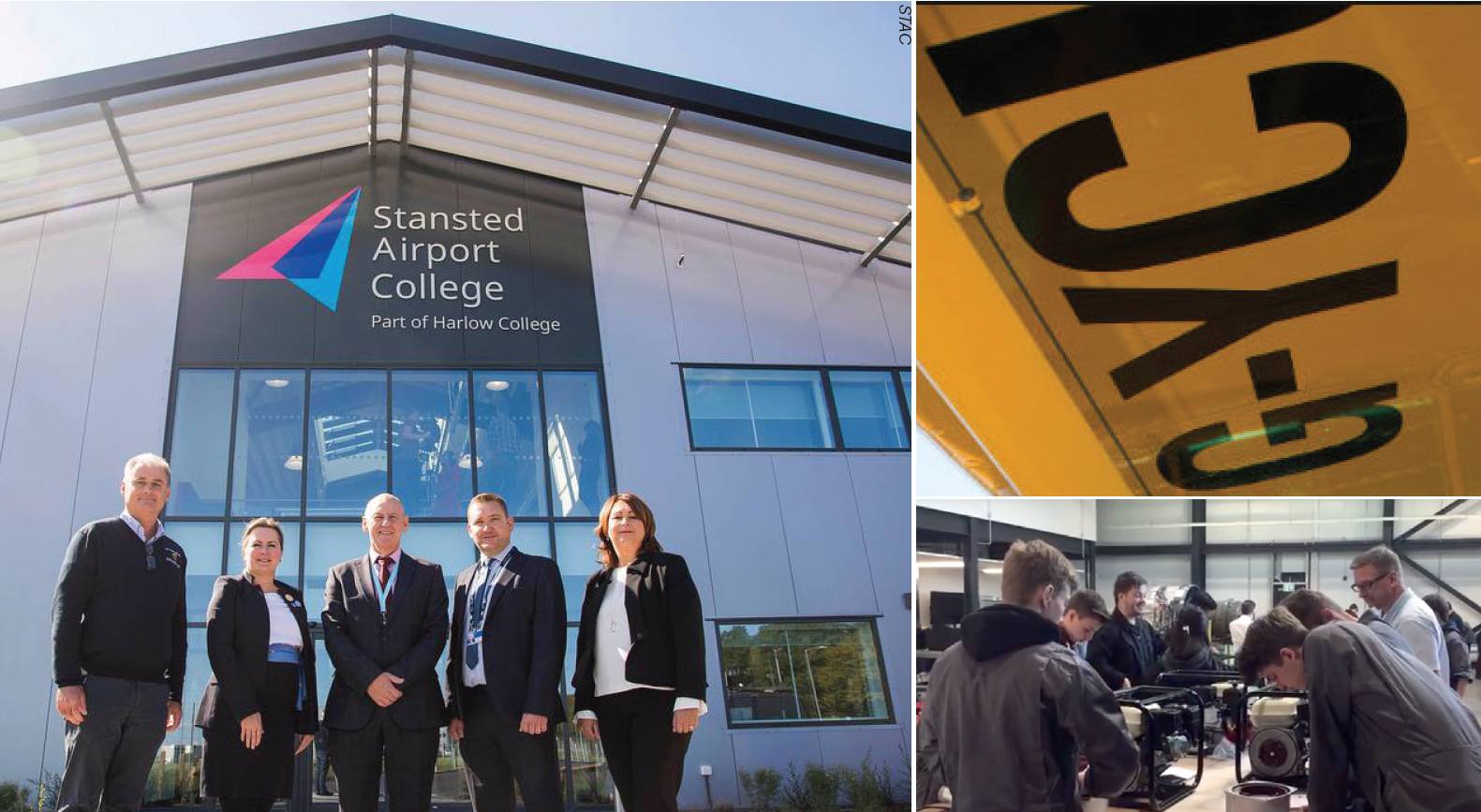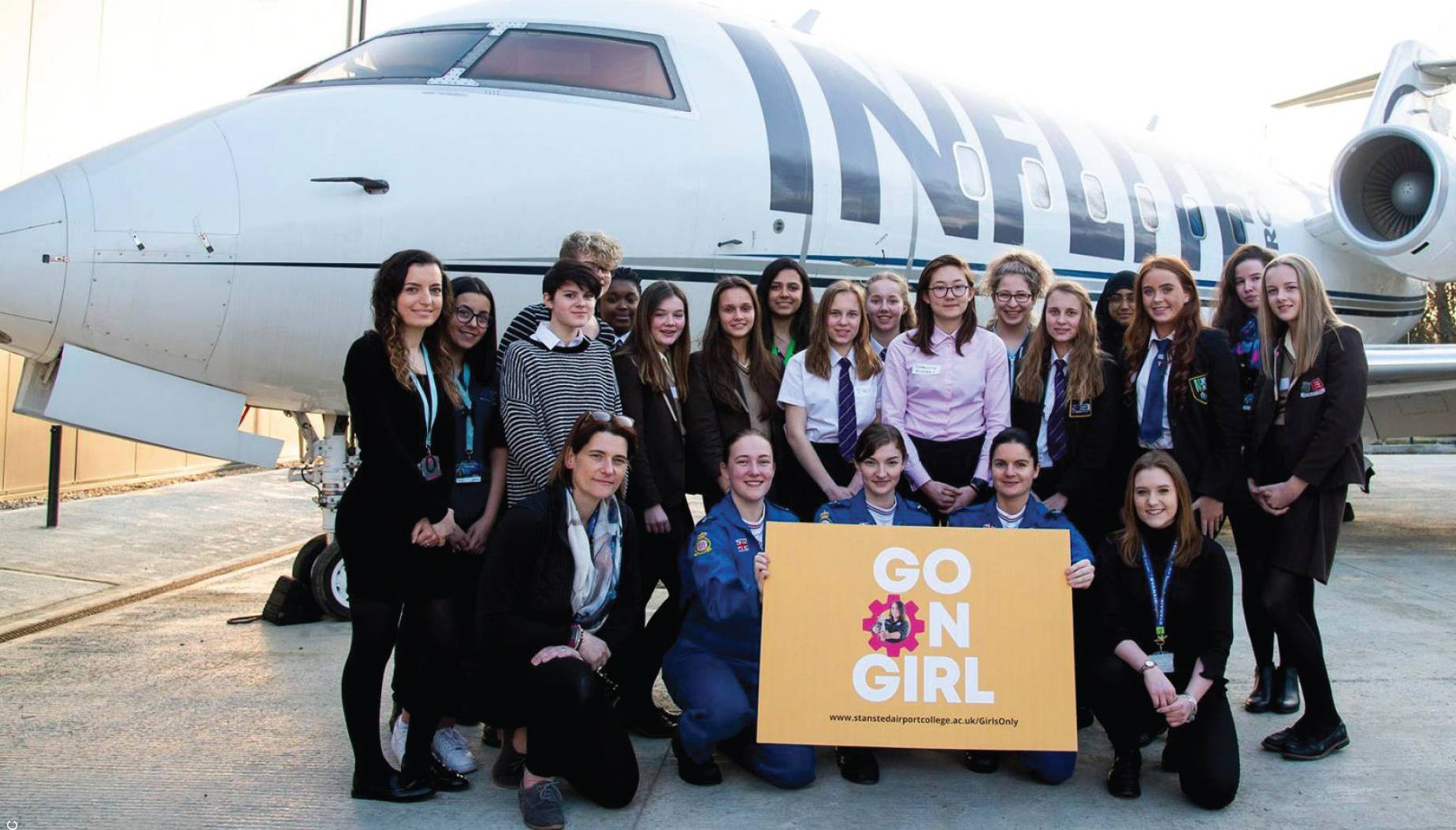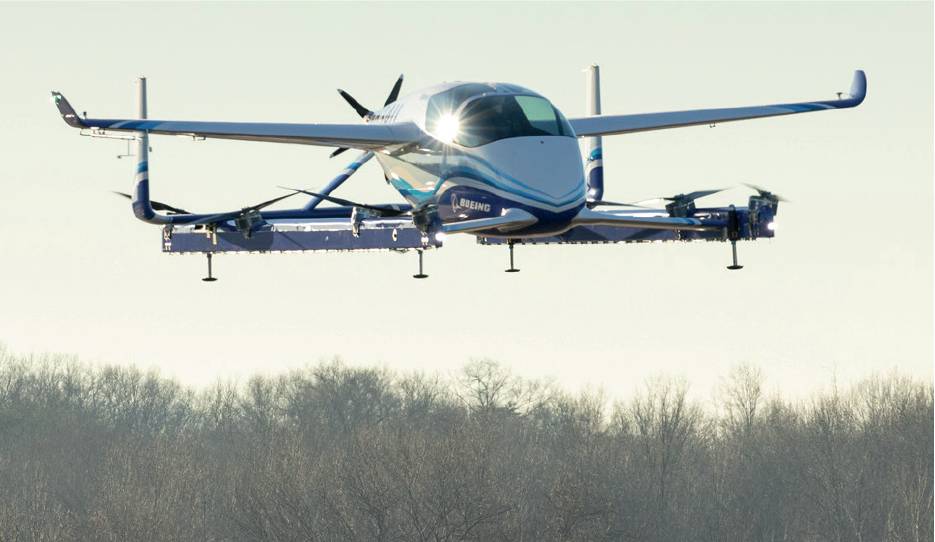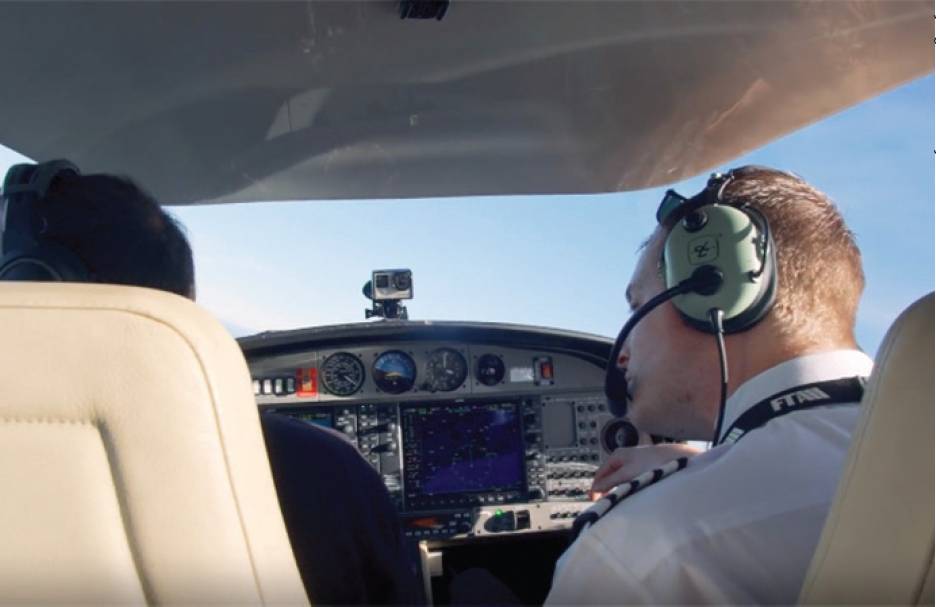“We’ve currently got 300 trainees, with capacity for 500, and 450 applications for the next academic year. We offer pre-apprenticeship courses, work-transition programmes supporting individuals who’ve completed their ‘A’ Levels and are looking to enter the industry, plus our regular apprenticeship and full-time programmes, all supported by the airport and wider industry.”
Her audience convinced, Martin joined a panel discussion, asking: ‘Are we providing the necessary environment to inspire a new generation?’ Spencer chaired the panel with vigour, but all eyes and ears were turned towards Molly Clarke and Rares Turcu, two of Martin’s students, who stood boldly before an audience of which they aspired to become a part and spoke with conviction and enthusiasm about the industry they intend to join.
 CAA
CAA
Pilot and instructor shortage
WHILE THE EDUCATION SYSTEM IS STILL COPING WITH THE FOLLOW-ON FROM AUSTERITY, INVESTMENT IN RESOURCES TO SUPPORT HIGHER-COST INDUSTRIES IS A REAL CHALLENGE
Karen Spencer
CE and Principal Harlow College
The Tomorrow’s People theme continued with Andy O’Shea, Head of Training and Recruitment at Ryanair, addressing the difficult joint issues of instructor and pilot shortages. Then, as if the audience really needed convincing, the Right Honourable Grant Shapps MP took the stage, performing enthusiastically on the theme ‘Why Business Aviation is Essential to UK Success’. Chair of the APPG for General Aviation, Shapps spoke explained: “With 216 MPs and Lords, we’re the biggest of any of the 659 APPGs in parliament. We think aviation hasn’t had the parliamentary representation it should have had over the years. Our objective, in fact the government’s objective, is to make the UK the best country in the world for general aviation. We spend our time reminding the government just how far we have to go to achieve that.” Following Shapps, the UK Access and Slots panel discussion delivered a change of pace and serious examination of the challenges facing general aviation operators attempting to access UK airports.
The B-word hits the G-reg
Brexit inevitably reared its befuddled head, a panel moderated by Aoife O’Sullivan, Partner at The Air Law Firm, concluding that the uncertainty of Brexit has driven new business aircraft registrations away from the UK. No applications for G-registrations for such aircraft have been made for at least 18 months, to the benefit of other registers, including Ireland’s. Meanwhile, fellow conference speaker Adrian Whitmarsh, Managing Director of musictour charter specialist Premier Aviation, revealed the company hadn’t placed any recent tours with UK companies for that same reason; uncertainty.
The BBGA conference once again demonstrated that Britain enjoys a capable, safe, well-regulated general aviation industry. But it must be ready to adapt quickly to whatever emerges for it from the Brexit negotiations. At the same time, it is recognising the requirements of the future workplace, one in which it must continue to invest to ensure the people and skills it needs for its long-term future become available.
 SAC
SAC

